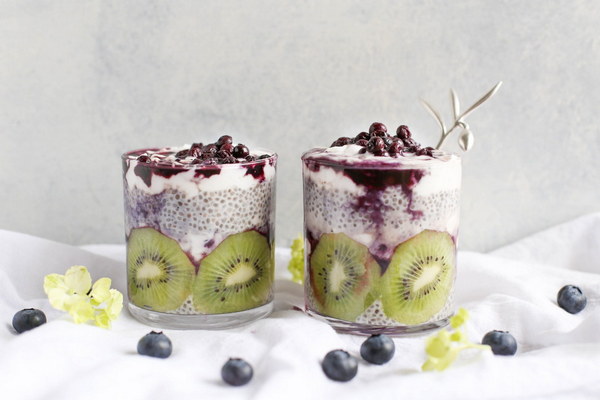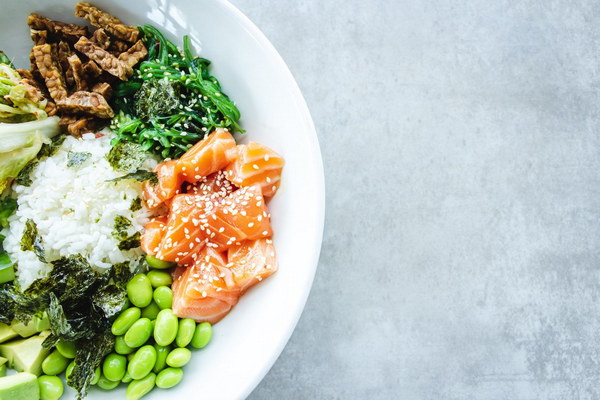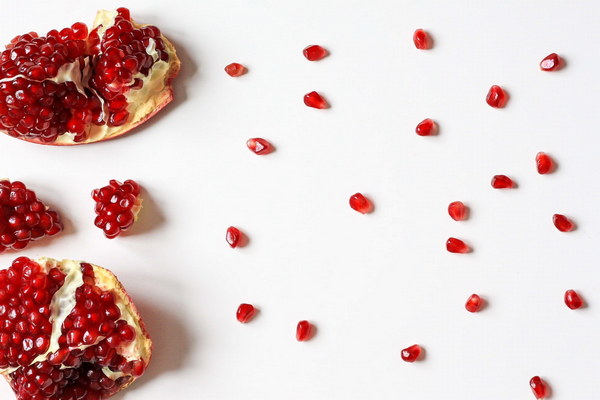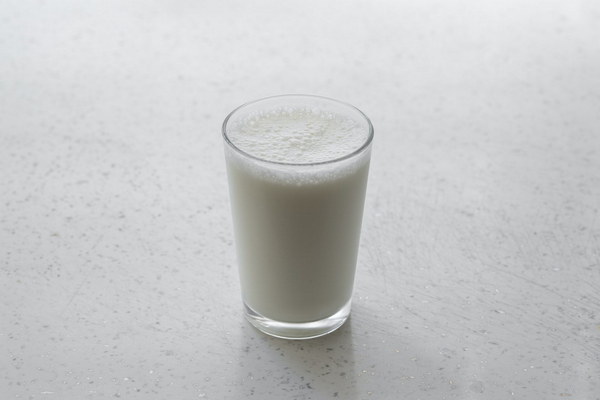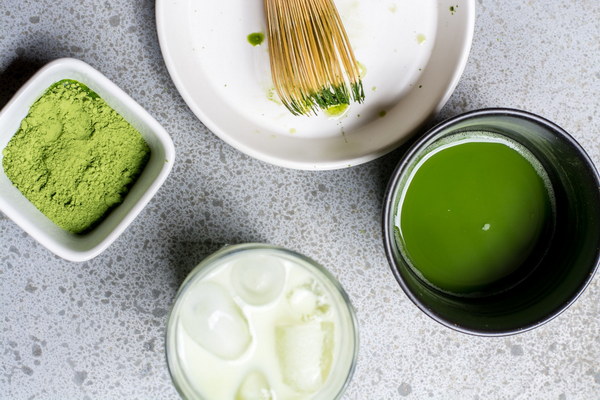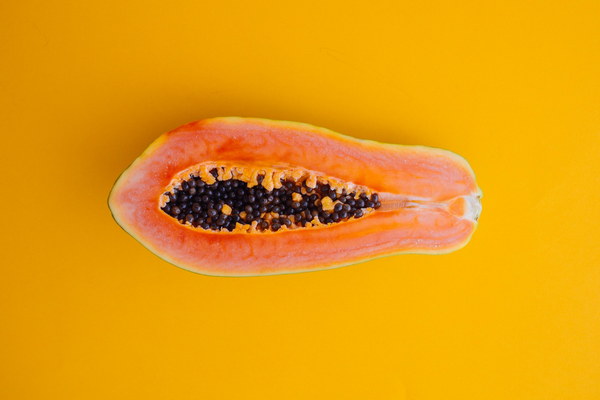Elderly Urinary Tract Infection A Dietary Approach for Faster Recovery
Urinary tract infections (UTIs) are a common health concern among the elderly, often leading to discomfort and complications if not properly treated. While medication plays a crucial role in managing UTIs, dietary changes can also significantly contribute to a faster recovery. In this article, we will explore the various dietary approaches that can help elderly individuals combat urinary tract infections.
1. Stay Hydrated
Drinking plenty of fluids is essential for flushing out bacteria from the urinary tract. Elderly individuals should aim to consume at least 8-10 glasses of water daily. Herbal teas and clear broths are also good options as they provide hydration without adding caffeine or sugar.
2. Limit Caffeinated and Alcoholic Beverages
Caffeinated and alcoholic beverages can irritate the urinary tract, worsening the symptoms of a UTI. It is advisable for elderly individuals to reduce or eliminate the consumption of these drinks during the course of their infection.
3. Incorporate Acidic Foods
Acidic foods, such as lemons, limes, and cranberries, can help acidify the urine, making it more difficult for bacteria to thrive. Including these foods in the elderly's diet can support the natural defense mechanisms against UTIs.
4. Consume Probiotics
Probiotics are beneficial bacteria that can help maintain a healthy balance of flora in the urinary tract. Foods rich in probiotics include yogurt, kefir, and fermented foods like sauerkraut and kimchi. Ensuring a regular intake of these probiotic-rich foods can help prevent and treat UTIs.
5. Avoid Sugar and Artificial Sweeteners
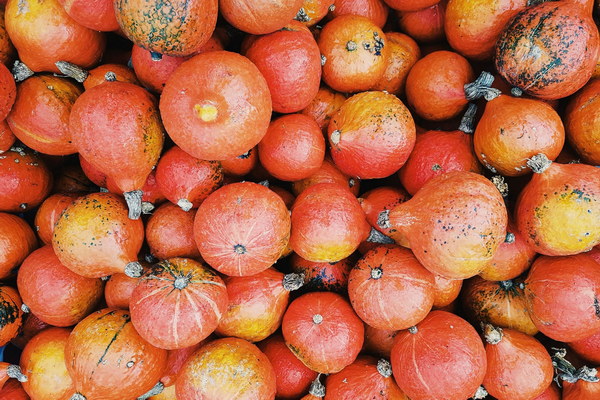
High sugar intake can weaken the immune system and promote the growth of harmful bacteria. Artificial sweeteners can also cause irritation to the urinary tract. It is best to limit the consumption of these substances during a UTI.
6. Increase Vitamin C Intake
Vitamin C is known for its immune-boosting properties and can help acidify urine. Elderly individuals should consume foods rich in vitamin C, such as oranges, strawberries, bell peppers, and kiwi. Alternatively, vitamin C supplements can be taken after consulting a healthcare professional.
7. Include Antioxidant-Rich Foods
Antioxidants can help reduce inflammation and support the body's immune response. Foods high in antioxidants include berries, dark chocolate, nuts, and green leafy vegetables. Including these in the diet can aid in the recovery from a UTI.
8. Choose Low-Acid Foods
Some individuals may find that certain foods exacerbate their UTI symptoms. To avoid this, it is recommended to consume low-acid foods such as bananas, melons, and apples. These foods are less likely to irritate the urinary tract.
9. Maintain a Balanced Diet
A well-balanced diet can help support the body's overall immune system, making it more resilient to infections. Ensure that the elderly's diet includes a variety of fruits, vegetables, whole grains, lean proteins, and healthy fats.
10. Seek Professional Advice
While dietary changes can aid in the recovery from a UTI, it is crucial for elderly individuals to consult their healthcare provider before making significant changes to their diet. A healthcare professional can provide personalized recommendations based on their specific health condition and medical history.
In conclusion, adopting a dietary approach to managing urinary tract infections in the elderly can significantly contribute to a faster recovery. By staying hydrated, limiting caffeine and alcohol, incorporating acidic and probiotic-rich foods, and maintaining a balanced diet, elderly individuals can support their immune system and combat UTIs effectively. Remember to always seek professional advice for personalized dietary recommendations.
